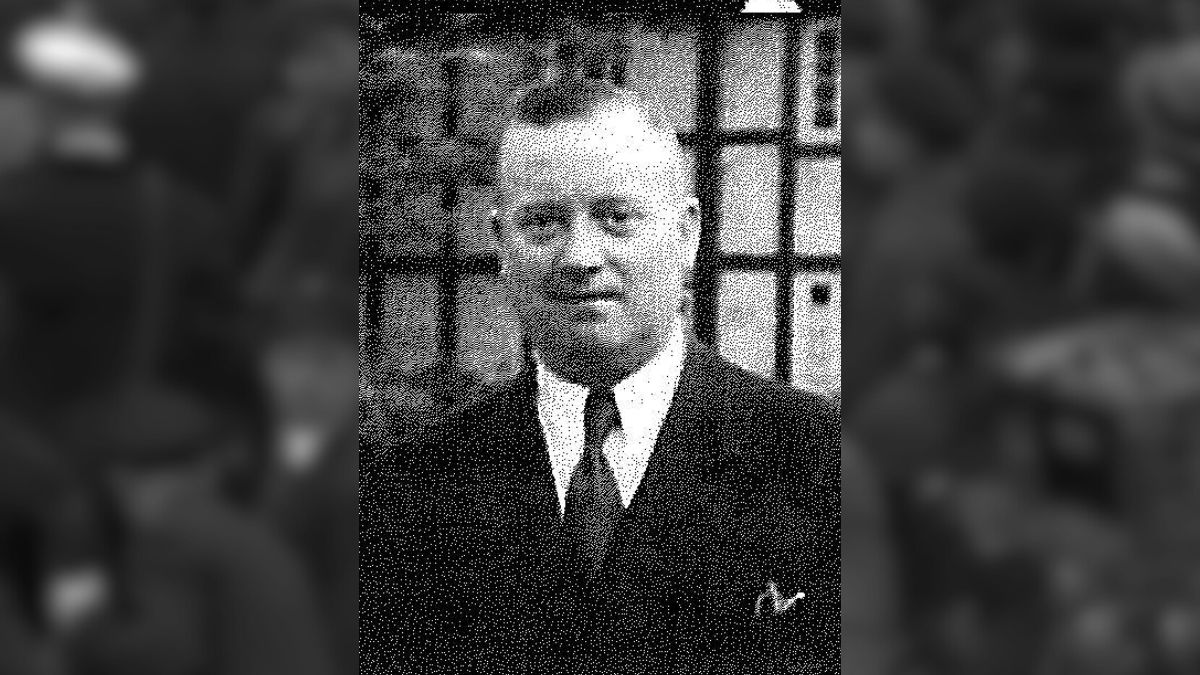

BreakPoint
Life After Crime
The U.S. Senate recently went head to head with seven hardened criminals: seven men who had committed murder, rape, armed robbery, and burglary. Most of the time, all seven are exactly where they ought to be: behind bars. But that day they were on Capitol Hill testifying in favor of Pell grants to provide a college education for prison inmates. The omnibus crime bill passed by both the House and Senate contains a provision disqualifying prisoners from receiving Pell grants. In today's "get tough" climate, politicians don't want anyone to think they're "coddling" criminals. The emphasis is on locking them up—not on what happens once they're in. But locking them up is never the whole answer—because almost everyone who goes in eventually comes out. A full 97 percent of prisoners are released back onto the streets. What kind of people will they be then? The answer is chilling: Many prisoners immediately fall back into a life of crime. And when you look at what they experience in prison, it's no wonder. In a survey conducted by Prison Fellowship, one prison inmate described the irony of being sent to prison to curb his violent behavior. "Prison—where violence and drugs are an everyday occurrence," he wrote sarcastically. "Prison—where men speak of all the money, women, and drugs they've had from stealing." When they come out, most inmates are simply schooled in more sophisticated methods of committing crime. If we want them to be schooled in something more productive, it's imperative that we provide something different. Nationally, the rate of inmates who are rearrested after release is 60-70 percent. But among inmates who receive two years of education, the rate drops to a mere 10 percent. Other programs can make a world of difference, too. Here at Prison Fellowship we organize volunteers to run Bible studies and discipleship seminars behind bars. We challenge inmates to tap into the most potent force available for reforming their lives: the power of the living God. Across the country, 55,000 volunteers minister to prisoners and their families. We also run marriage seminars for inmates. Of prisoners who are married, 85 percent see their marriages fail. Most of the rest split up within a year after release. Yet studies show that the most important factor in setting a criminal straight is responsibility for a family. Our marriage seminars help inmates reconcile with their spouses and learn biblical principles of forgiveness and trust. Prison Fellowship volunteers also help prisoners take advantage of programs for literacy, vocational training, and substance abuse. If Americans want to get tough on crime, this is the way to do it. Offering programs to prisoners does not mean "coddling" them; it means challenging them to change from the inside, to accept responsibility for their lives and their families. If you want to help fight crime, why don't you consider becoming a Prison Fellowship volunteer. Get a copy of our new book Staying Safe, and learn how you can make a difference in a crime-ridden world. Part three of a seven-part series based on the book Staying Safe by Beth Spring.
04/25/94















